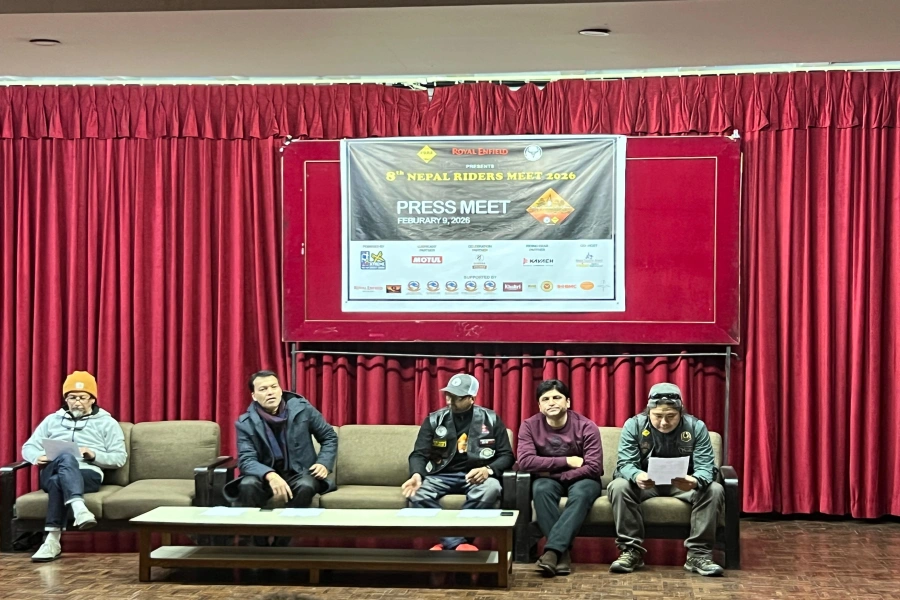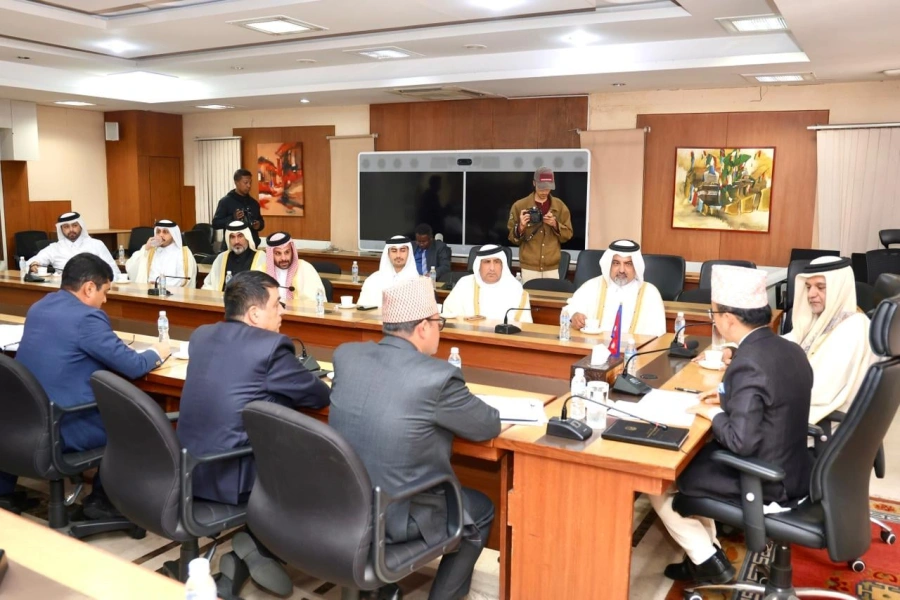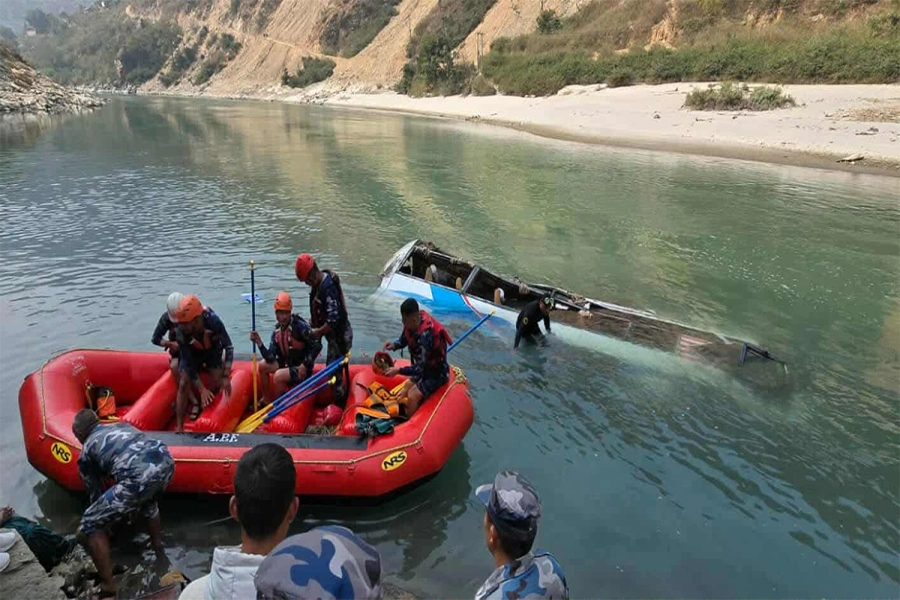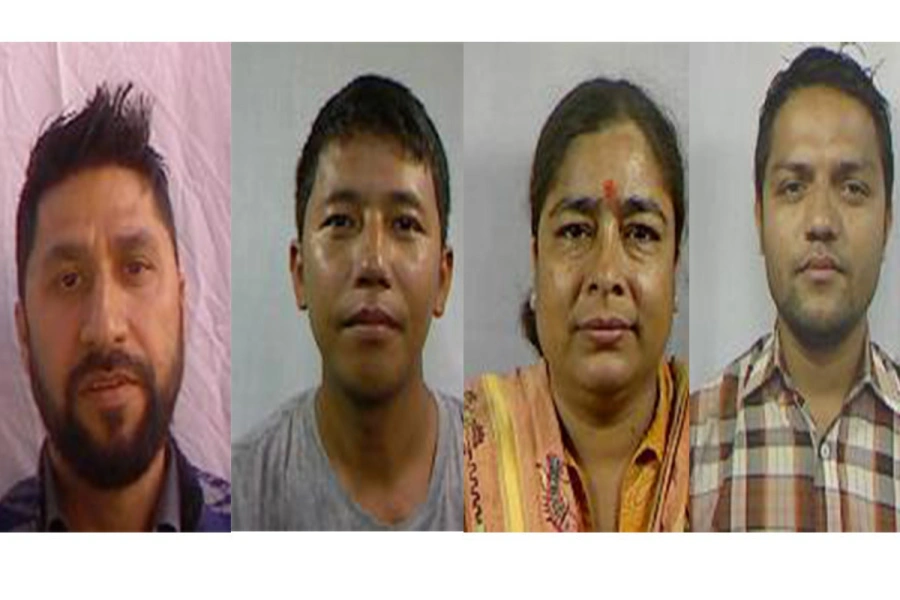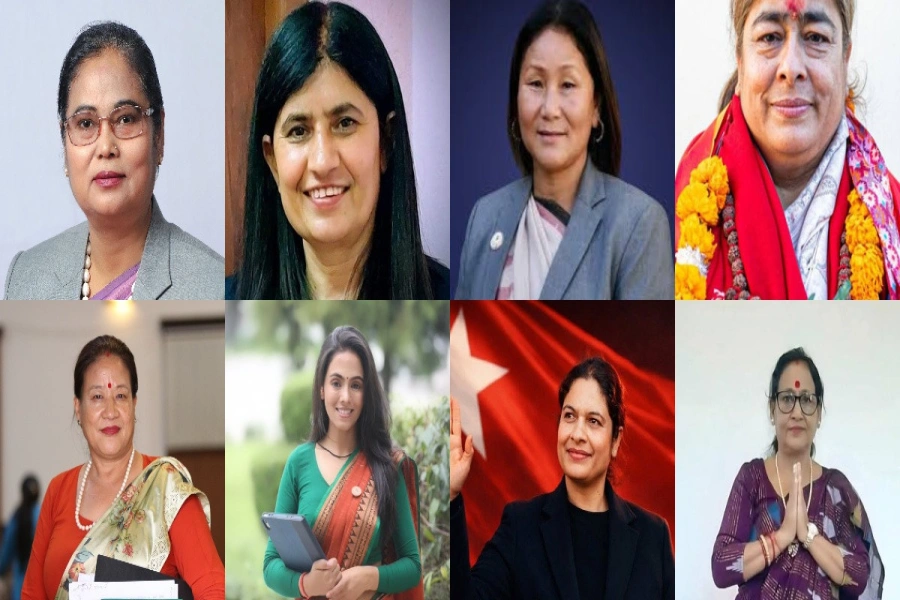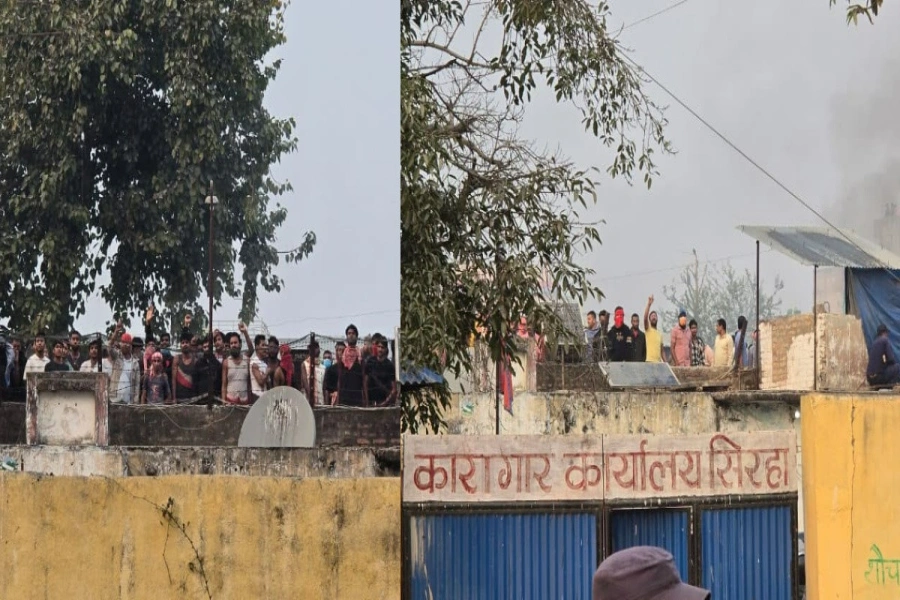The political change of 1990 came as a boon for media in Nepal. Several private media outlets were opened, they started to flow information from different perspectives and to a large extent Nepali media, over the years, have become able to expose the wrongdoings of political leaders in the government and Nepal’s entire public and private sector. Yes, they have not been able to do so to the full potential but at least they are trying. In the last few years, many more media outlets, basically online portals, have come into existence. And advertisements have been the basic source of survival for them. But it is troubling that the government of KP Sharma Oli is apparently bent on making it difficult for the media sector to survive by bringing in various restrictive laws. While the much criticized Media Council Bill is yet to be amended, Development and Technology Committee of the lower house of parliament has endorsed the Advertisement Regulation Bill, which proposes up to one year in jail for media owners for advertisement-related offenses. It needs to be reviewed before the full House of the parliament endorses it into the law.
Why media must be free

This bill is faulty for two reasons. According to Section 25 (2) of the bill, media publishers and owners of broadcast companies can be subject to up to one year in jail and up to Rs 10,000 as fine or both if their media is found publishing any ‘offensive’ advertisement. And what is offensive is largely undefined and vague. False information, banned content, content deemed as confidential by law, advertisements that infringe a trademark, patent or design owned by another company, advertisements that discourage domestic products, affect fair elections, defame labor, or incite gender or caste-based discrimination have been defined as offences. Promoting use of banned goods or services, goods and services not authorized for sale in Nepal, promoting vulgarity and taboos, gambling and unauthorized lotteries are also described as offences. But there is no further clarification on specific offenses that media should not commit. Besides, if the media have to take consent from the government regarding virtually every kind of advertisement, it is sure that they will have to shut the shutters.
Besides, this prohibition seems to be directed toward making the media servile to the government authorities for the sake of advertisements. And since advertisements are the lifeline of media, the government seems to have used this as a weapon to hit back to those media outlets which write and publish contents critical of the government. The fact that the bill retains the provisions of jail sentence for publishing advertisements, despite opposition from a number of lawmakers shows that the government is in collision course with media. Another troubling aspect of the bill is that the media houses will have to take consent of Advertisement Board—with powers to regulate advertisements, make policy and distribute government advertising to state-owned and private media—of the government regarding time of airing and content of the advertisements. We believe that in a country with vibrant private media industry, the government should have at least held some consultation with media owners before finalizing the bill. Perhaps some acceptable ground could have been found out. By bringing in one after another restrictive measure, the government is building its anti-media image. The government should realize that democracy thrives when media is empowered and free.





